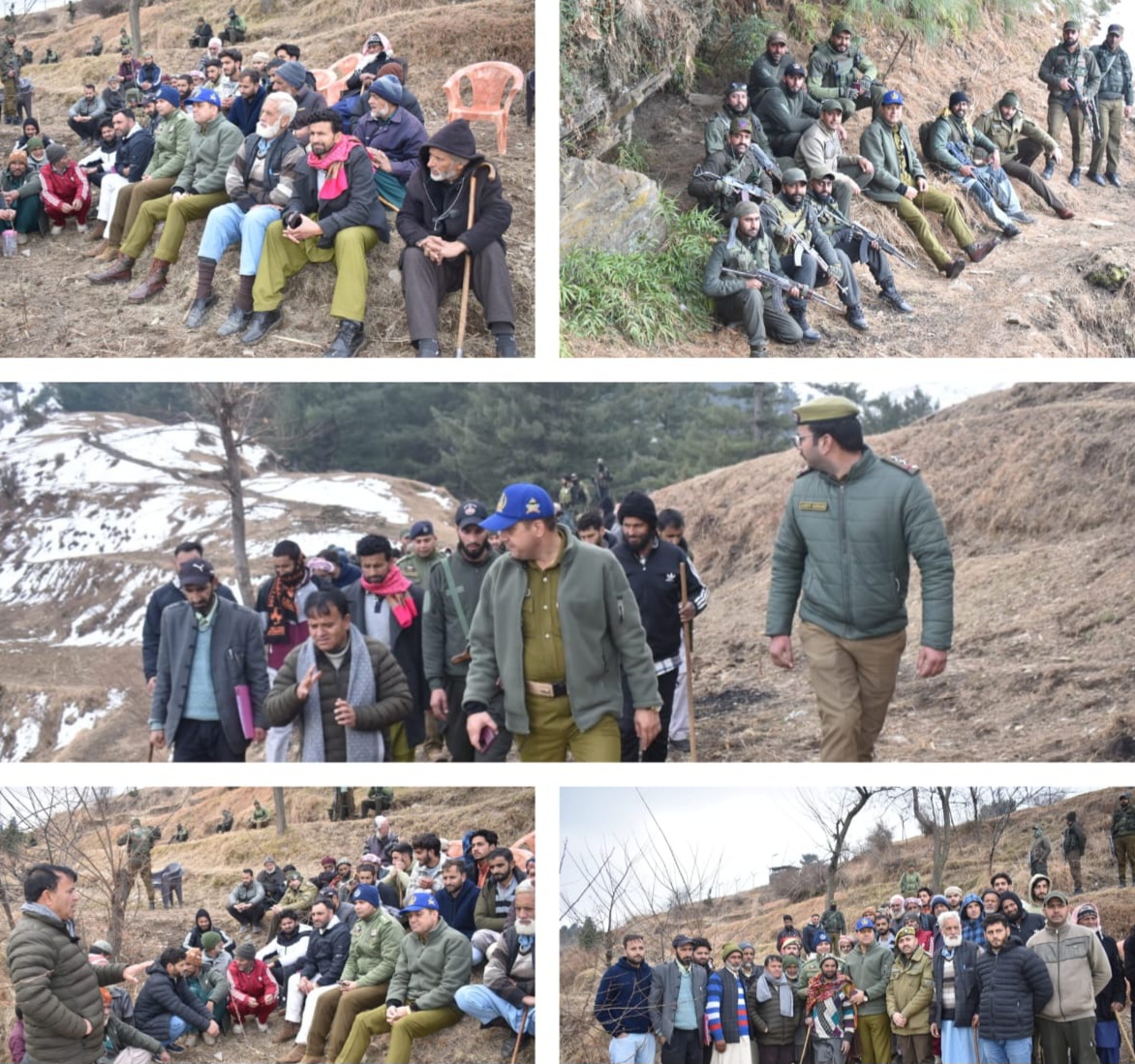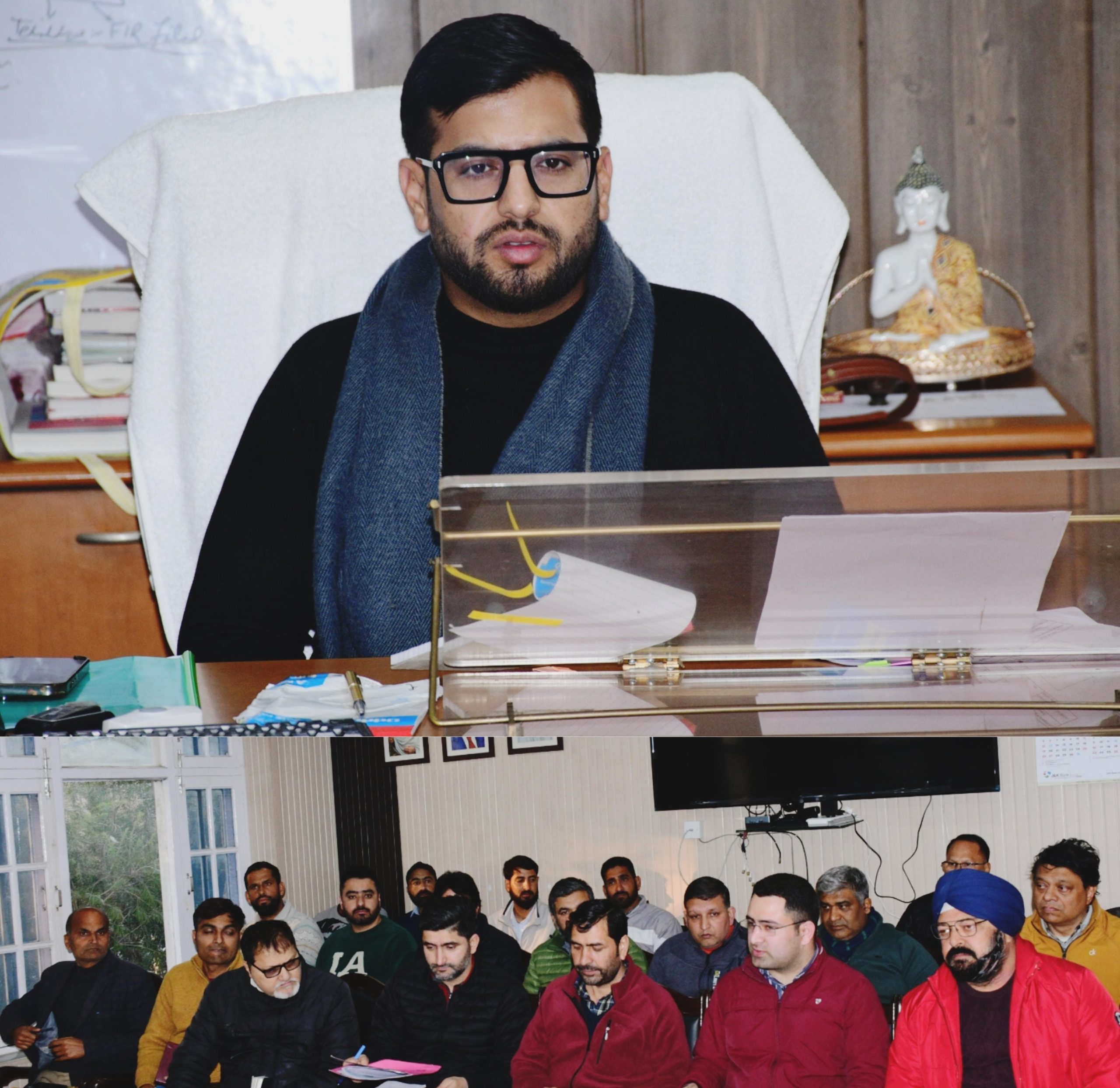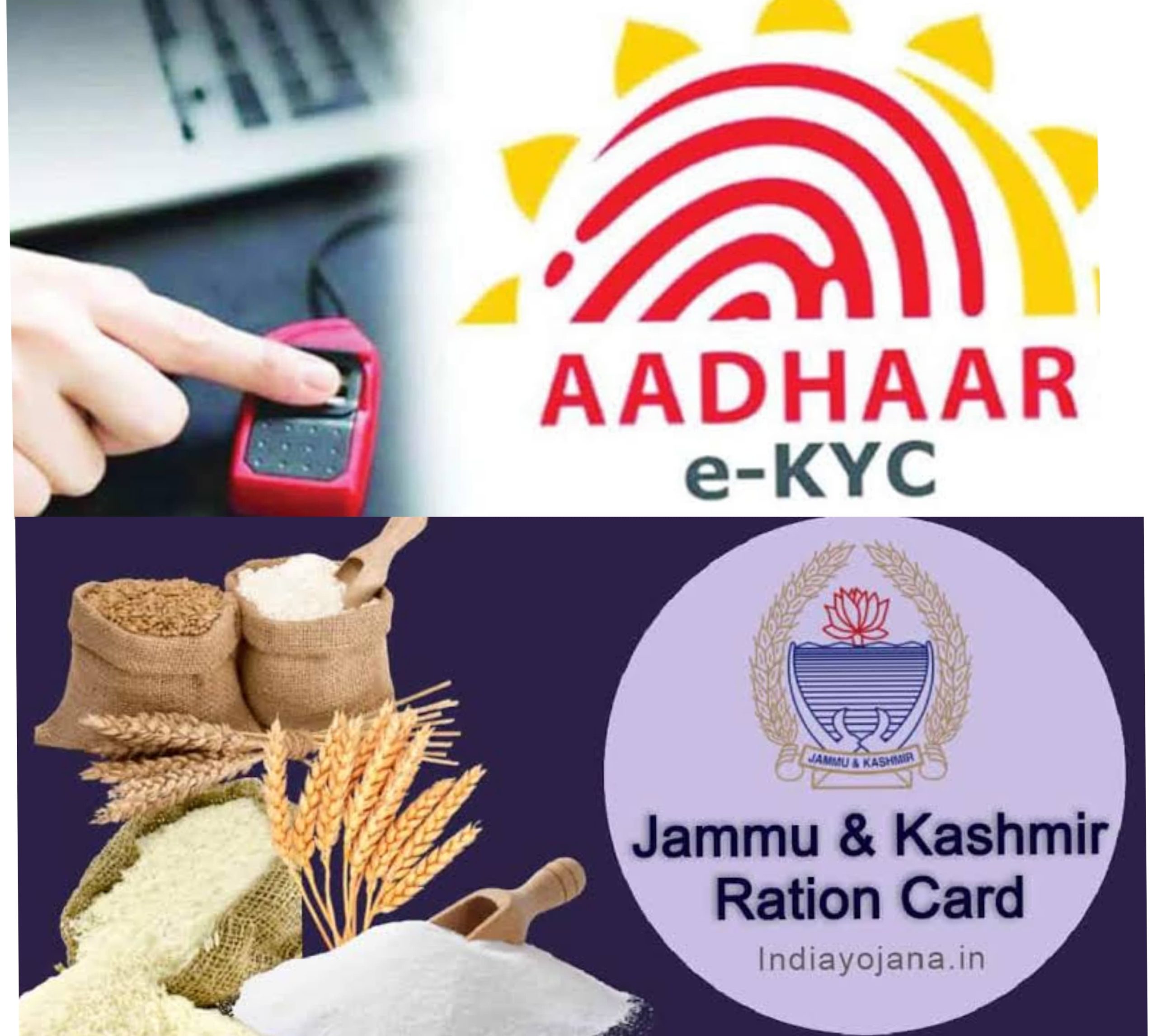Eminent Actor Rajeev Verma Discusses Theatre Promotion at Patliputra Theatre Festival
GNS ONLINE NEWS PORTAL PATNA FEB 04:-The prestigious Patliputra Theatre Festival, organized by Praangan Group at Premchand Auditorium, witnessed a significant conversation on the state of regional and Hindi theatre in India. Rajeev Verma, a distinguished Bollywood and theatre actor-director, engaged in a thought-provoking discussion with Vishal Pahari, a committed theatre Director from Pir Panjaal. … Read more








